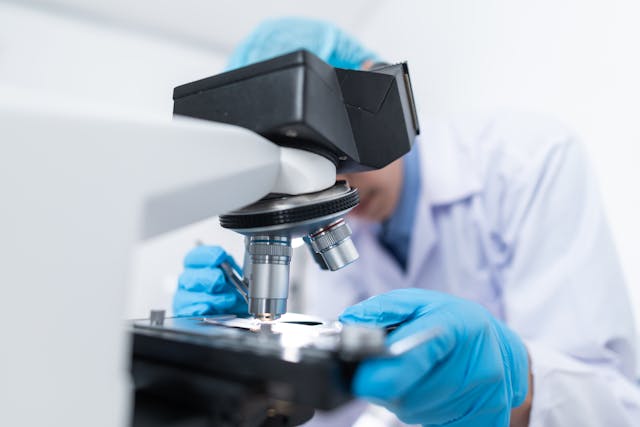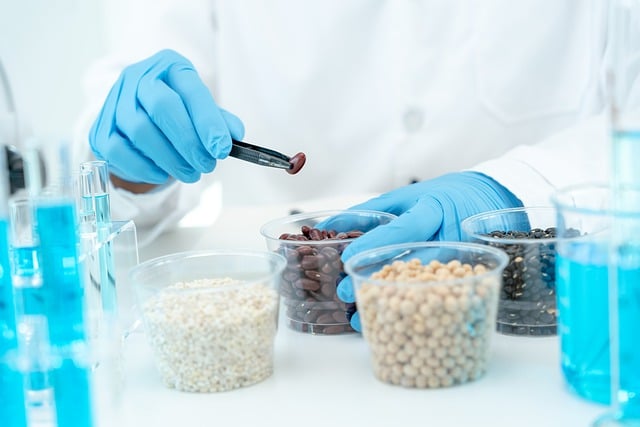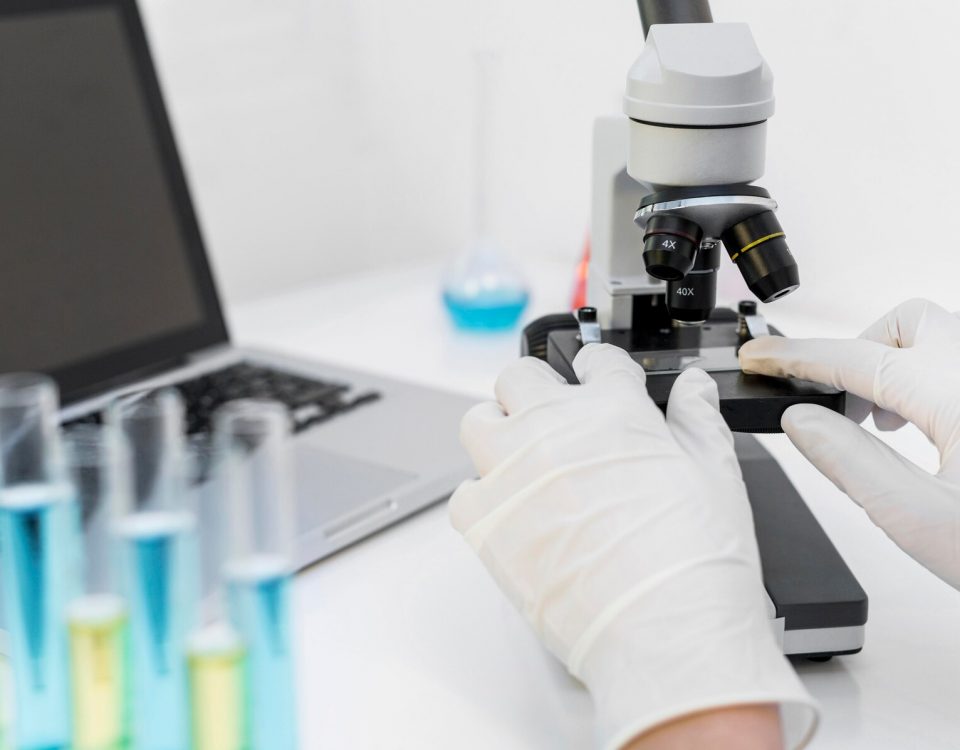Why Is Food Quality Analysis Necessary Through Laboratory Test?
Обзор онлайн казино First Casino в Украине
November 2, 2023
How Testing Ensures Supplement Safety and Quality
September 18, 2024The food industry is in a constant state of development and few dare to neglect the value of food quality analysis with the help of a laboratory test. Through this time-consuming process, food safety becomes the pillar that not only builds the foundation for nutritional accuracy but ensures quality assurance of food products. Let us now examine the various directional paths that testing in the laboratory is invaluable in the modern manufacturing of foods.
- Safety Assurance:
Quality analysis in food can be considered as the principle, and its separation of dangerous factors is the most significant one. Laboratory tests play a watchman’s role by detecting pathogens of various types like bacteria and viruses and also identifying harmful particles like pesticides and contaminants. Its exhaustive inspection guarantees that food items are safe to be consumed even though noticeable standards of safety have to be followed.
- Nutritional Verification:
The marking of foods with nutritional information on the packaging is of great importance for the consumers as they mainly depend on this information. Laboratory test is therefore of paramount significance to validate these assertions, in particular making sure that the products for food do contain the required levels of essential vitamins, minerals and nutrients. Besides, such verification ensures that consumers have the right and true nutritional information about foods.
- Quality Control and Consistency:
Continuity in quality analysis of food production items is one of the roots of manufacturers’ business success. Through laboratory tests, being repeated at once in a while, companies can check on essential determiners like shelf life, taste, texture, and appearance. Therefore, methodical inspection contributes to the food products repeatedly staying close to the prescribed quality standard, enabling food manufacturers to meet the customers’ tastes.

- Regulatory Compliance:
An intricate network of local and global food safety standards and criteria has and will always be considered a business imperative for the food industry. A laboratory test is an indispensable methodology that gives evaluators a good eye view of the safety of products, prevention of legal infringements, and continuation of the market access for the best products. Such acts are taken before the time as an anticipative measure of the legal problems that can arise from non-compliance.
- Consumer Confidence:
It is a fact that consumer confidence and the quality of food are essentially connected. Trusting the market is thus made possible by the laboratory test to prove the safety and quality of food products provided by manufacturers. This is the foundation that defines a strong brand. It creates an army of loyal supporters that become brand ambassadors in a billion-dollar competitive and savvy customer market.
- Prevention of Foodborne Illnesses:
The laboratory test process is not only a reactive measure, but the first guideline in abiding by the requirement of preventing the outbreak of foodborne illnesses. Try-out tests permit early recognition of challenges and their solution before the goods get to the marketplace. Involving consumers in the food safety process through education, research, and promoting early intervention ensures a low risk of public health recalls and improves overall food security.
- Economic Benefits:
In addition to safety and quality, the business cloud has a clear economic benefit in laboratory test for food development. Guaranteed analysis can prevent the risk of recalling food products’ quality and safety, and legal liabilities and losses that come from something that is past due or contaminated. Also, it not only keeps the resource management process at the optimum level but also helps improve the production processes.
- Research and Development:
Customized analytical services, performed in the laboratories and covered by their Research and Development are one of the main directions of the innovation of the food industry. It can give a starting point to those who wish to experiment with new ingredients, preservation methods or packing material. Such continuous development of technology helps boost food quality, safety, and shelf-life, ensuring that consumers will feel served by the latest innovations.

- International Trade:
Apart from that, laboratory test is increasingly regarded as the green card to global commerce. of compliance articles which are of very significant part of importing countries regulations, ensuring that food products are safe and of high quality through proper analysis. This idea is relevant in setting or not shaving strong positions in the international trade competition environment.
In conclusion, the role of laboratory test is undisputedly one of the most reliable parameters of the quality and safety of food products all through the value chain. As an all-around useful tool, be it for foolishness prevention or sound management, it proves the place it has in the complex picture of the food systems.
Chemlab is the most suitable laboratory test for your food quality analysis needs, accredited to ISO/IEC 17025. We offer more than just food quality analysis; we provide a range of testing services, including blood and urine tests, pharma and supplement analysis, industrial Chemical Analysis, Microbiology Examination, Food and Feed Analysis, Industrial Hygiene Monitoring, Environmental Monitoring, Occupational Health Testing, Training, and R&D. Our clients include hospitals, supplement companies, franchise restaurants, hotels, home supplement businesses, and other industrial companies.
Contact us now for a thorough laboratory test with Chemlab today.


